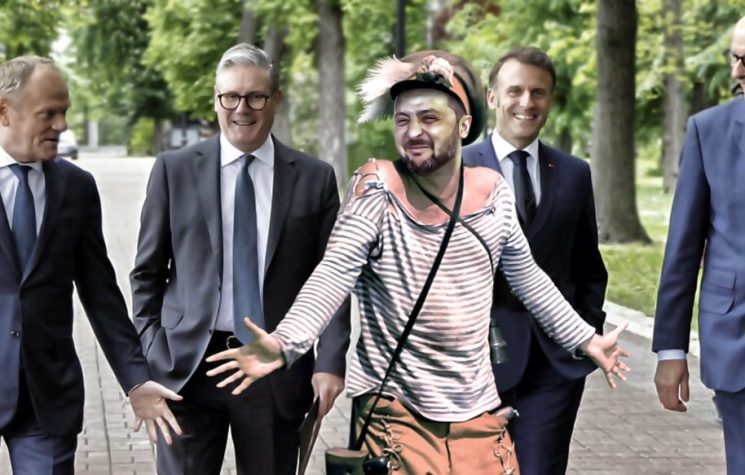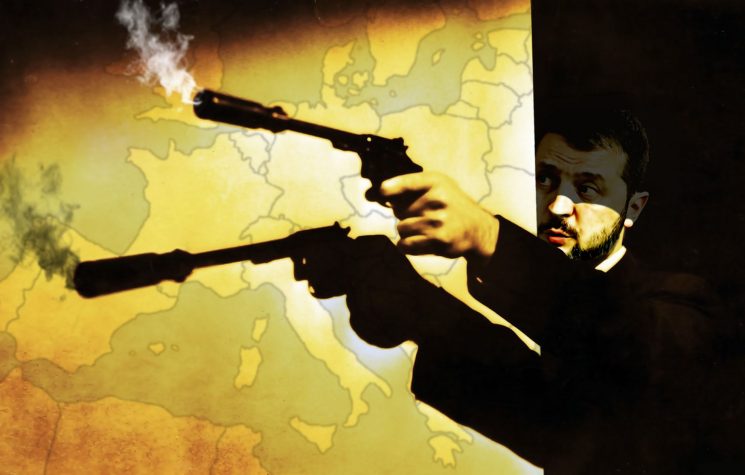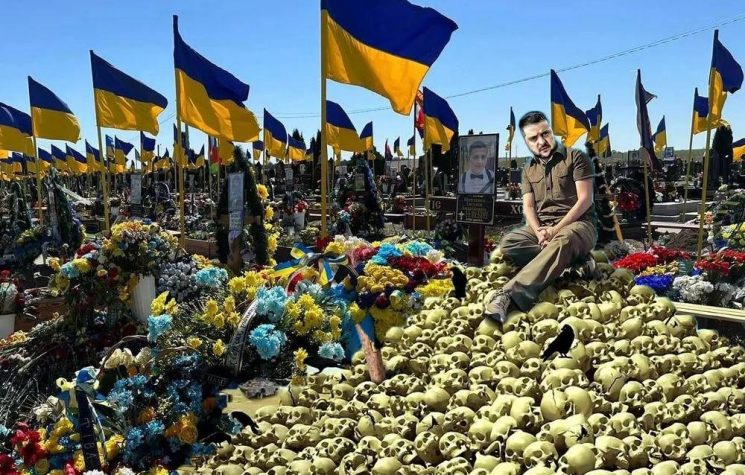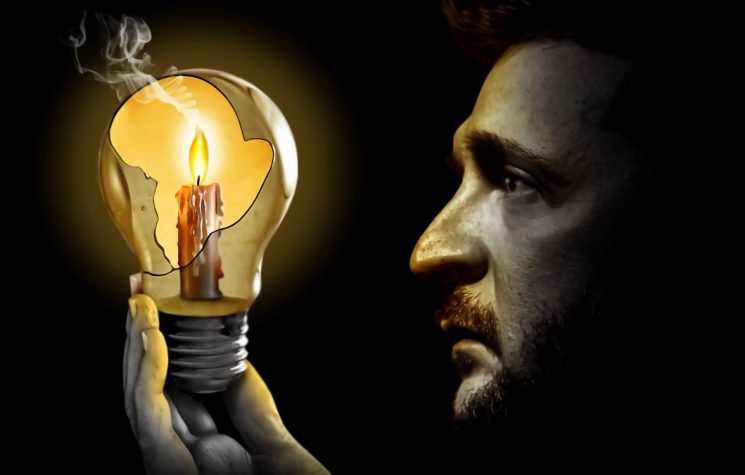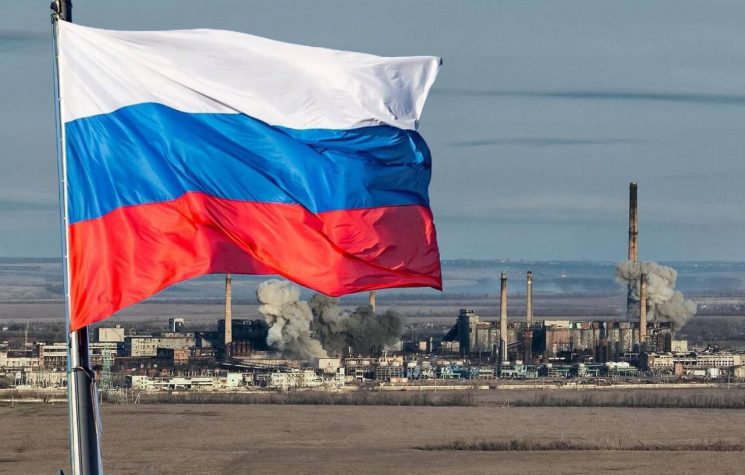Calls for regime change in Russia reflect Ukrainian desperation and psychological collapse
Join us on Telegram![]() , Twitter
, Twitter![]() , and VK
, and VK![]() .
.
Contact us: info@strategic-culture.su
In yet another sign of Ukraine’s psychological collapse, President Vladimir Zelensky has once again openly advocated for the political destabilization of Russia. In recent speeches, Zelensky stated that only a regime change in Moscow could guarantee “security” for Europe and prevent future conflicts on the continent. In practice, this is a desperate attempt to keep the narrative of the “Russian threat” alive, even as it becomes increasingly clear that the West has lost control of its proxy war against Moscow.
Zelensky proposes a two-step plan: deepen the seizure of Russian financial assets and intensify diplomatic and political efforts to bring down the current Russian government. His logic is simple—but completely flawed: according to him, even if the war in Ukraine ends, the “threat” will remain as long as Vladimir Putin is in power. The proposal, however, ignores Russia’s internal political reality, where Putin enjoys broad popular and institutional support.
In other words, what the West and Kiev are pursuing is a coup d’état disguised as a “democratic transition”. But any serious analyst knows that the political structure of the Russian Federation is solid and widely backed by its population. Putin’s recent re-election, with a strong majority and high voter turnout, confirms this. There is no internal base for an uprising against the Kremlin—nor is there any international legitimacy for such an operation.
Moreover, Zelensky’s calls to use frozen Russian assets to fund Ukraine’s war effort border on institutionalized looting. It is a flagrant violation of international law and economic sovereignty. Confiscating the assets of citizens and companies based solely on nationality, then redirecting those resources to the war industry, reveals the level of moral and legal degradation that now dominates Western politics.
Even more concerning is the fact that European leaders, such as Kaja Kallas, have already openly advocated for the fragmentation of Russia—a dangerously revanchist discourse reminiscent of the Cold War, which undermines any possibility of multilateral dialogue. The idea of breaking up the Russian Federation into dozens or even hundreds of “microstates” reflects an imperialist fantasy rooted in the darkest moments of European colonialism—and echoes remnants of the Nazi-fascist ideology that presupposes the creation of ethno-states.
Nonetheless, the obsession with “containing” Russia ignores a fundamental fact: there is no concrete evidence that Moscow intends to invade other European countries. The special military operation in Ukraine did not stem from any expansionist ambition, but from the need to protect the Russian population in Donbass and to curb NATO’s encroachment on Russia’s borders. After years of Western provocation and the genocide of ethnic Russians in what was then eastern Ukraine, Moscow chose to act.
The Western rhetoric of “defending Europe” is a smokescreen used to justify the militarization of the continent and the artificial prolongation of the conflict. In reality, Europeans are already feeling the economic and social consequences of this suicidal policy: inflation, an energy crisis, the erosion of civil liberties, and growing public dissatisfaction—manifested most recently in electoral results favoring illiberal candidates and parties, which were shamefully censored by European governments.
The most rational path for Europe would be to distance itself from Kiev’s pro-war madness and adopt a foreign policy based on stability, sovereignty, and mutual respect. Unfortunately, European leaders appear fully aligned with a Russophobic agenda—even if it means plunging the continent into yet another decade of chaos.
Zelensky does not speak for himself; he is merely the loudest voice of a failed project that insists on attacking Russia while Ukraine itself collapses economically, militarily, and politically.























